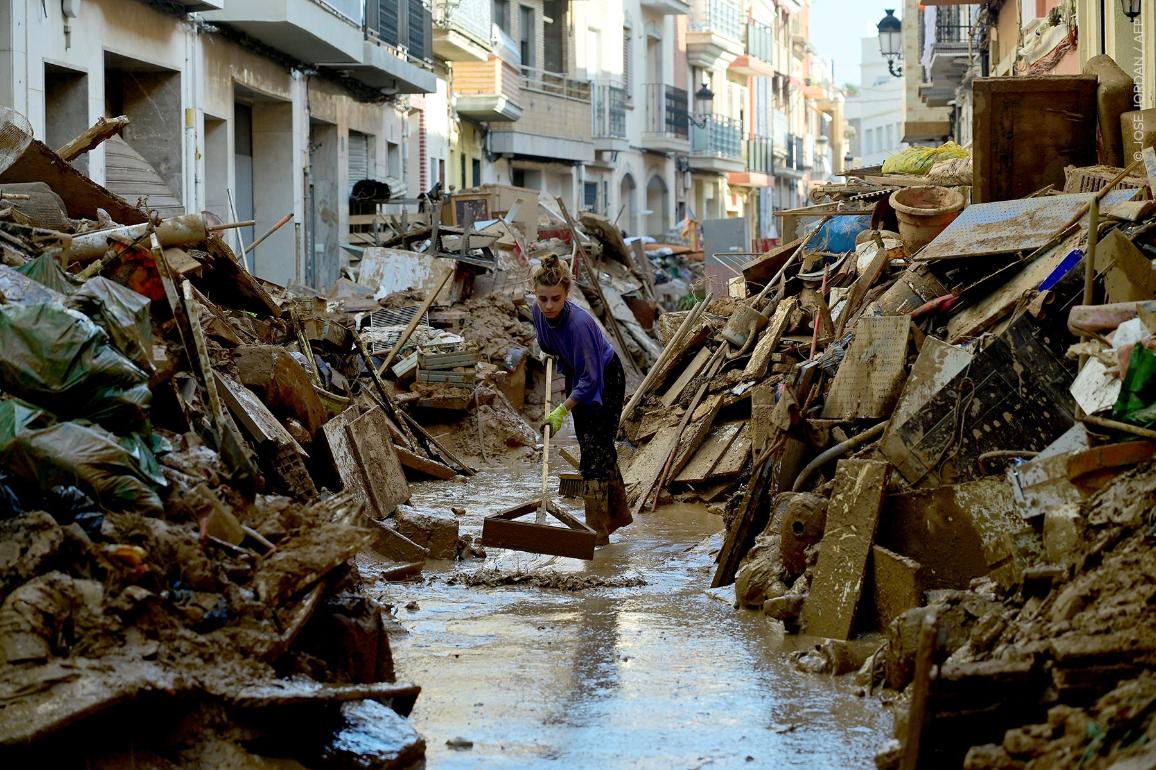Parliament paves way for the use of EU funds to finance natural disaster recovery
- Regional development funds can be used more flexibly for reconstruction following natural disasters
- Social funds can also finance post-disaster healthcare and basic necessities
- Losses for farmers, forest holders and SMEs active in agriculture and forestry can be compensated
Two new EU laws will offer quick EU funding for recovery measures following natural disasters that have occurred after 1 January 2024.
The Regional Emergency Support to Reconstruction (“RESTORE”) proposal allows EU countries to more easily channel European regional development funds (ERDF) and cohesion funds to disaster reconstruction. As a result, the EU’s ERDF could fund recovery projects up to 95% of their total cost. To provide quick liquidity to those in need, additional pre-financing of up to 25% of the full amount would also be made available. The proposal would allow for more flexible use of European Social Fund Plus funds to finance short-term work schemes, support access to healthcare and provide basic necessities.
Flexibility would apply to disasters in 2024 or 2025. In 2025, the proposed changes are expected to mobilize €3 billion in funding by front-loading payments for the 2025–2027 period.
Recovery in agriculture and forestry
EU countries with unspent money from rural developments programmes will be able to fast-track the use of this money to compensate losses of farmers, forest holders and SMEs active in these sectors that have experienced destruction of at least 30% of their production potential. This money will be paid in lump sums and will be fully covered by EU funds. Payments to beneficiaries will be made by the end of 2025.
Quotes
Andrzej BUŁA (EPP, PL), co-rapporteur for the RESTORE regulation said: “This law is very important for regional and local authorities in regions affected by natural disasters. It shows that the EU is capable of working quickly and flexibly, and that we provide real help for our fellow European citizens. That help can now become quickly available.”
Younous OMARJEE (the Left, FR) co-rapporteur for the RESTORE regulation stated: “After Parliament expressed full support for the victims of the unprecedented storm in Mayotte, we adopted the RESTORE law to ensure we can help the victims of this catastrophe and others like it to rebuild what they have lost. We need to adapt our disaster response and regional policy to the new realities of climate change. RESTORE will allow us to respond quickly and effectively to future disasters."
Veronika VRECIONOVÁ (ECR, CZ), rapporteur for the European Agricultural Fund for Rural Development (EAFRD) related regulation, said: “Several countries have been affected by natural disasters in 2024, and the concrete help the EU is providing is much needed by both countries and citizens. Today’s decision will help many member states release unspent funds more quickly for those who urgently need them.”
The “RESTORE” proposal was adopted by 638 votes in favour, 10 against with 5 abstentions.
The proposal providing assistance from the EAFRD was approved by 644 votes in favour, 6 against with 3 abstentions.
Next steps
Both laws now need to be formally endorsed by the Council. They will enter into force a day after being published in the EU Official Journal (RESTORE) and the day of its publication (EAFRD).
Background
The two proposals responded to floods and wildfires in Central, Eastern and Southern Europe in September 2024.
